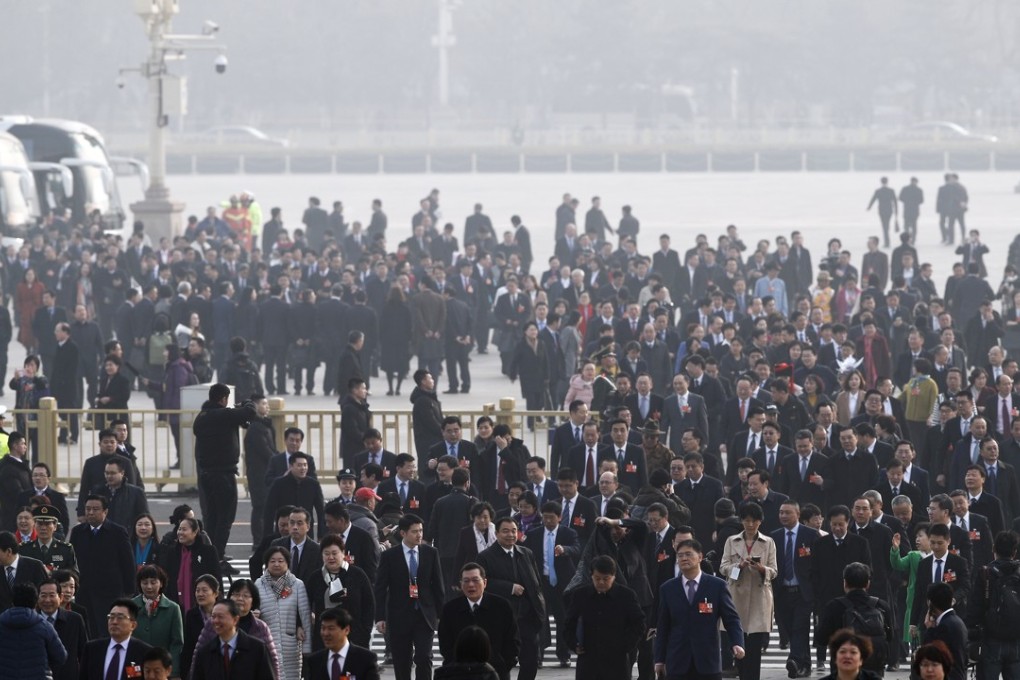China boosts environmental watchdog’s powers as next step in battle against pollution
Critics warn bureaucratic shake-up is unlikely to be enough to tackle country’s extensive ecological woes

China has moved to strengthen the role of its environmental watchdog as it continues its uphill battle to tackle widespread ecological degradation and pollution.
The move to set up a new ministry of ecological environment – a decade after the first full environmental ministry was established – was hailed by state media as a significant step to boost the power of the largely rubber-stamp watchdog and cut regulatory overlap after President Xi Jinping identified the battle against pollution as one of his priorities.
But environmentalists and former government officials were not impressed and sounded a note of caution about the actual impact of this kind of bureaucratic shake-up without measures to tackle the deeply entrenched structural problems that stand in the way of meaningful reform.
The new watchdog, announced as part of Tuesday’s wide-reaching government overhaul, will absorb most of the functions of the existing environmental ministry and will also take on a variety of pollution monitoring and reduction roles that were previously carried out by other government bodies such as the National Development and Reform Commission (NDRC) as well as the ministries of water resources, agriculture and land and resources.
The new ministry will continue the task of mapping out environmental policies and fighting air and water pollution.